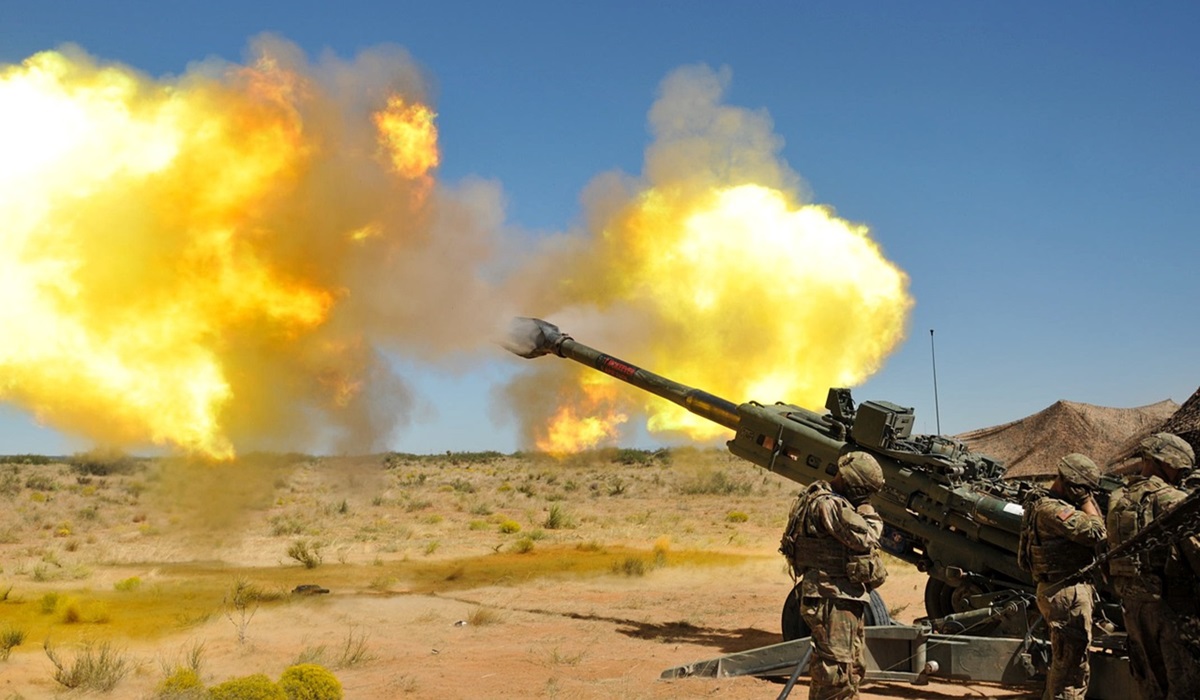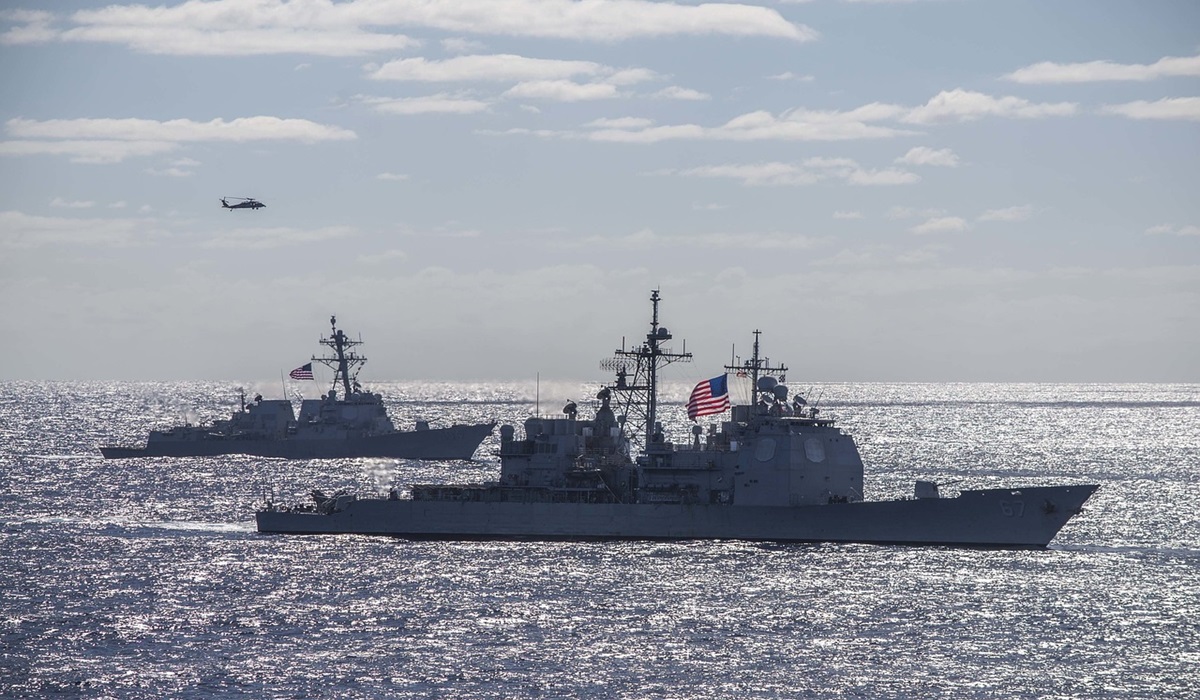What If The U.S Took A One-Year Timeout for From Global Military Interventions?
- TDS News
- Trending
- January 5, 2024

What if the U.S., for a designated period, refrained from entangling itself in foreign conflicts, abstained from dispatching arms, and withheld financial or lethal aid? This speculative narrative, however, encounters a labyrinthine challenge deeply rooted in the intricate ties between Congress, defense contractors, and the perpetual drumbeat of war. Naturally, this hypothetical scenario excludes humanitarian assistance for non-war-related issues, such as responses to natural disasters.
The envisaged scenario grapples with the formidable question of whether the United States, given its complex web of political and economic entanglements, can feasibly relinquish its role as the world police. A pivotal aspect of this quandary lies in the significant number of congressional representatives intricately tied to major defense contractors. These entities, heavily reliant on war dollars through lucrative contracts, wield considerable influence in shaping the nation’s foreign policy.
Within the hallowed halls of Congress, a symbiotic relationship unfolds. Depending on campaign funding for their electoral prospects, politicians find themselves tethered to entities that seek policies conducive to the perpetuation of conflicts in return for their financial support. This vicarious situation, marked by a reciprocal exchange of benefits, forms a formidable barrier to any notion of the U.S. stepping back from its consistent role as a global peace and security arbiter.

These companies that thrive on war contracts and interventions subtly orchestrate a narrative perpetuating the need for global involvement. As they aggressively advocate for sustained military engagements, the result is often a steady influx of contracts and financial gains, securing their positions as major players in the defense industry.
The challenge, therefore, becomes not merely a matter of policy but an intricate dance between political survival and economic interests. The voices advocating for intervention are not confined to the corridors of power but resonate across the vast expanse of the military-industrial complex. The ties that bind politicians to these entities are not easily severed, creating a formidable obstacle to any significant deviation from the established norm of consistent global involvement.
This web of interdependence extends to the very fabric of America’s political landscape, where the interests of these entities intertwine with the mechanisms of governance. As a result, the hypothetical scenario of a U.S. timeout from global involvement encounters a daunting reality shaped by intricate connections and vested interests.
Furthermore, the consistent intervention status that the U.S. often finds itself in, whether directly or indirectly funding proxy wars, underscores the systemic challenges embedded in its foreign policy paradigm. The geopolitical landscape is rife with instances where the U.S. has been drawn into conflicts, shaping the course of global affairs. The nature of these entanglements raises questions about the feasibility of a unilateral withdrawal from international conflicts. The challenge lies in envisioning an alternative path and unraveling the intricate ties that bind the nation to its perception as an impartial moderator of global peace. As we navigate this labyrinth of interests, the prospect of a significant deviation from the established norm encounters formidable barriers deeply rooted in the complexities of governance and power.








